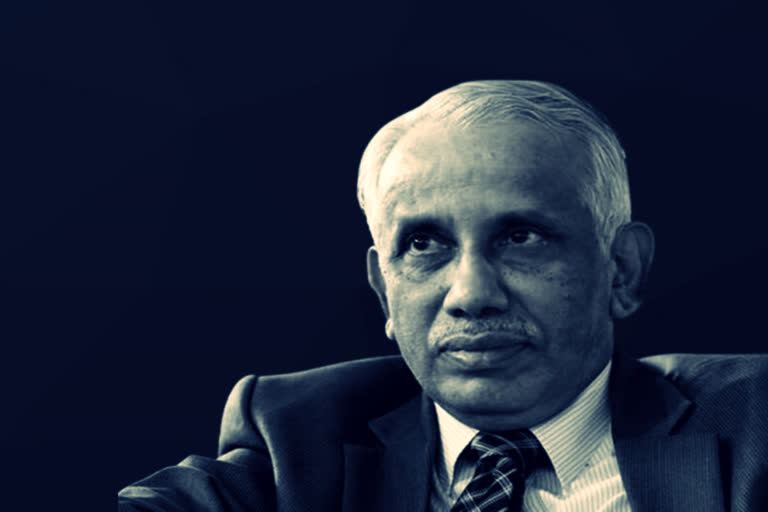Thiruvananthapuram: CPI(M) leader and Rajya Sabha member A A Rahim on Sunday criticised the Centre's decision to appoint retired Supreme Court judge S Abdul Nazeer, who was part of the 2019 Ayodhya verdict, as Governor of Andhra Pradesh saying it was a blot on Indian democracy. The move to appoint the retired apex court judge was condemnable as it was not on par with constitutional values of the country, the CPI(M) MP said.
Justice (retired) Nazeer was part of the five-judge Constitution bench which had in November 2019 cleared the way for the construction of a Ram temple at the disputed site in Ayodhya (Uttar Pradesh) and directed the Centre to allot a five-acre plot to the Sunni Waqf Board for a mosque in a different location. "The decision of the Union government to appoint Justice Abdul Nazeer as a Governor is not on par with the constitutional values of the country. It is highly condemnable. He (Nazeer) should refuse to take up the offer. The country should not lose the confidence in its legal system. Such decisions of the Modi government are a blot on Indian democracy," Rahim said in a Facebook post.
The Marxist party leader said the retired judge was appointed in the gubernatorial post within six weeks after his retirement. "He was a member of the bench which gave the verdict in the Ayodhya case. He had also courted controversy when he took part in the national council meeting of Akhil Bharatiya Adhivakta Parishad (ABAP) at Hyderabad on December 26, 2021. It's a Sangh Parivar organisation of lawyers," Rahim said. He also pointed out that in a speech at the ABAP meeting, Nazeer opined that "the Indian legal system has been continuously ignoring the legacy of Manusmriti".
"His words did not reflect the high degree of impartiality and loyalty to the Constitution that a judge serving in the higher judiciary should possess. Now, he has got the Governor post," Rahim added. Justice Nazeer, who retired on January 4, has been part of several path-breaking verdicts, including those on the politically sensitive Ayodhya land dispute, instant 'triple talaq' and the one that declared 'right to privacy' a fundamental right.
He was elevated as an apex court judge on February 17, 2017. The Justice Nazeer-led five-judge Constitution benches delivered two separate verdicts this year, including the one which by a majority of 4:1 validated the legality of the Centre's 2016 decision to demonetise the Rs 1,000 and Rs 500 denomination currency notes, saying the decision-making process was neither flawed nor hasty. (PTI)



